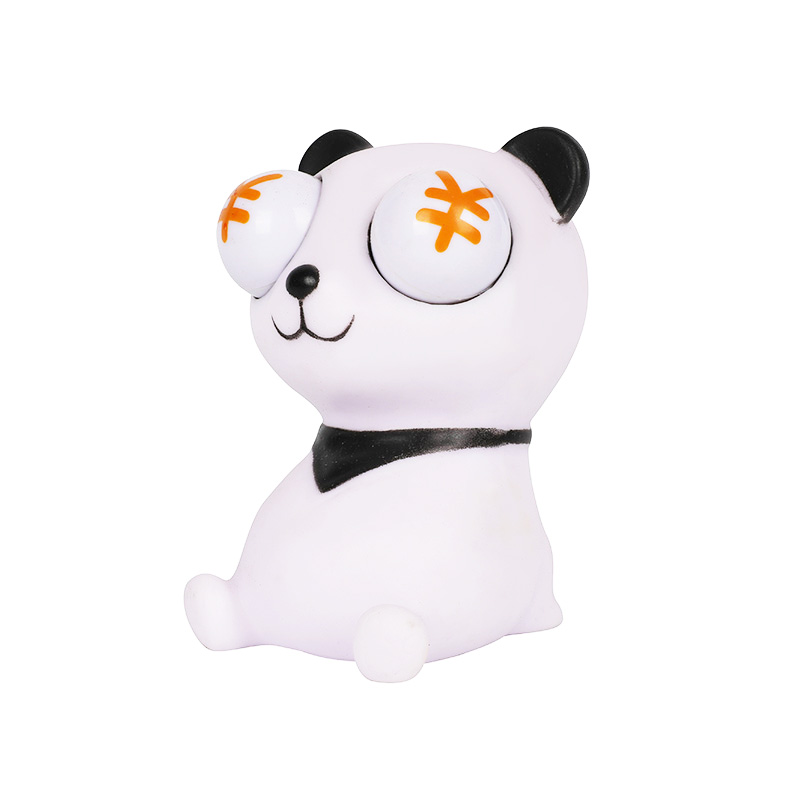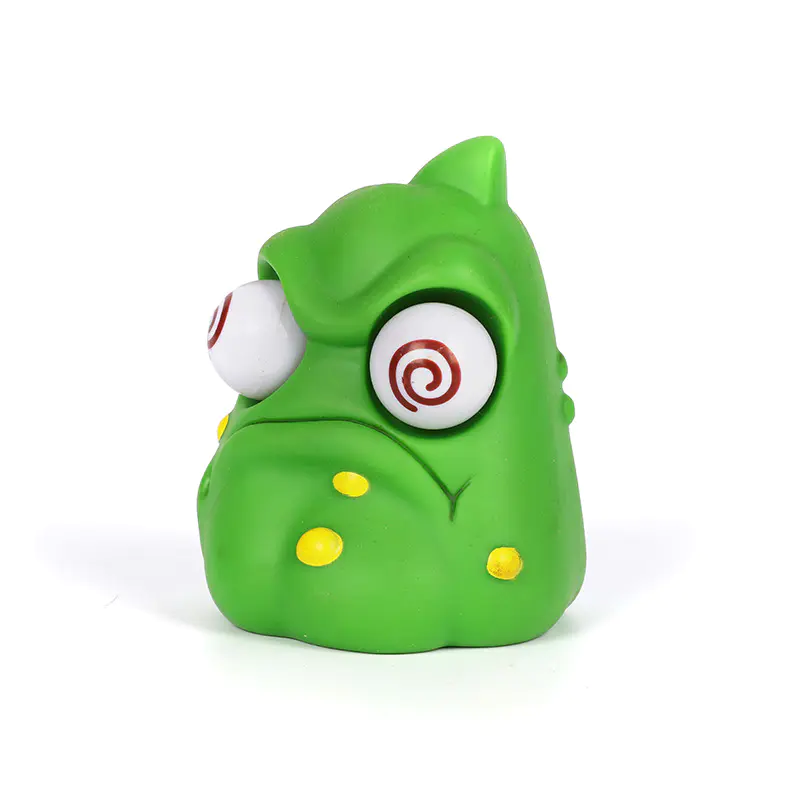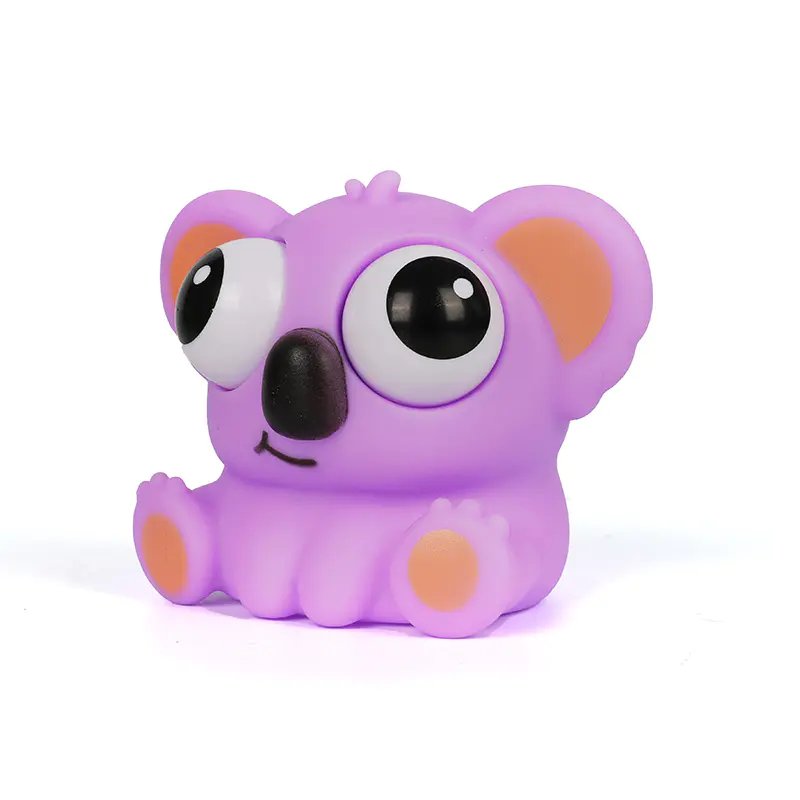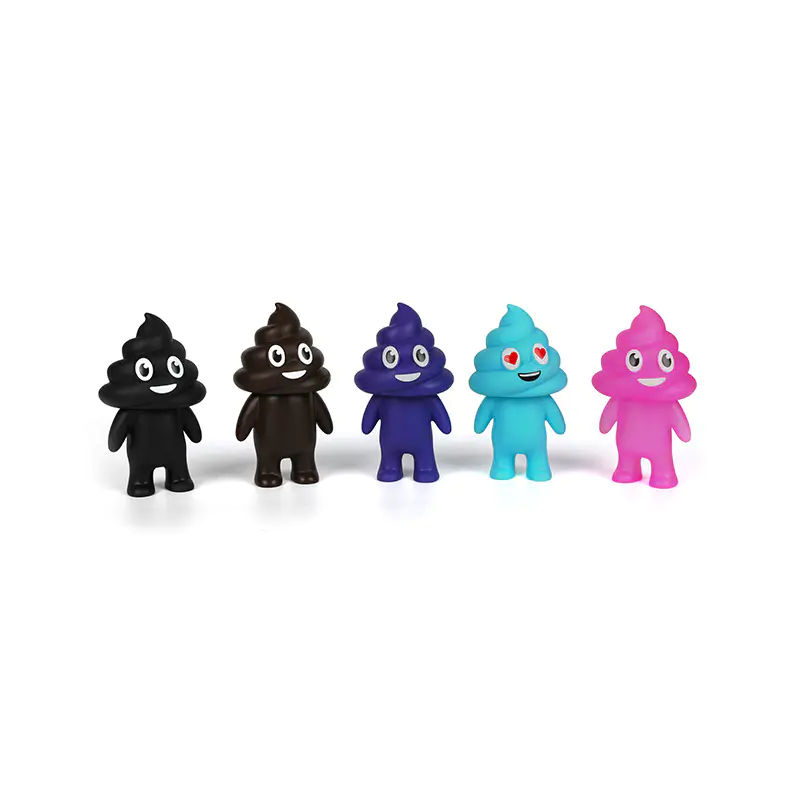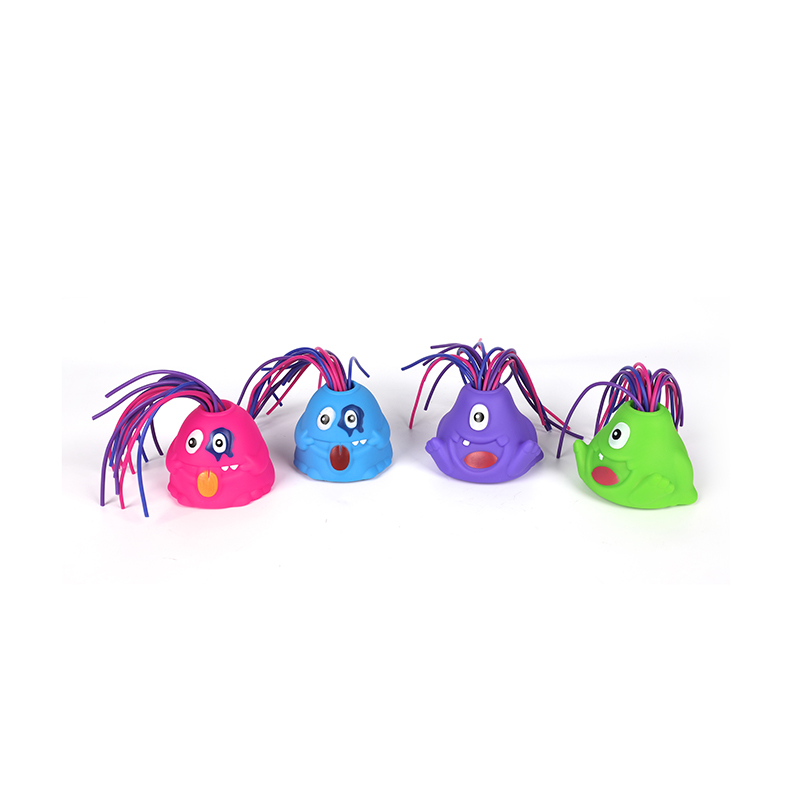- Type:
- Industry News
- Date
- 2025-Jul-18
The Fun and Educational Benefits of Tongue Sticking Toys for Early Learners
Tongue sticking toys have become increasingly popular as both entertaining and educational tools for early learners. These innovative toys combine playful interaction with developmental benefits, making them a valuable addition to early childhood playrooms, preschools, and therapy settings. By engaging children in sensory and motor activities, tongue sticking toys support a wide range of skills critical to early development while providing an enjoyable experience.
One of the primary benefits of tongue sticking toys is their ability to enhance fine motor skills. Early learners develop coordination by manipulating the toy’s components, often requiring precise finger movements to stick, pull, or adjust parts of the toy. This practice improves hand-eye coordination and strengthens the muscles needed for writing, drawing, and other daily tasks. The tactile feedback from the toy’s textures and movements offers important sensory input that encourages exploration and experimentation.
Tongue sticking toys also foster cognitive development in young children. These toys often involve problem-solving and cause-and-effect learning as children discover how different actions affect the toy’s behavior. For example, sticking the tongue in different ways or pressing various parts can produce unique reactions, helping children understand relationships between actions and outcomes. This kind of hands-on learning supports early critical thinking skills and boosts creativity.
Another key advantage of tongue sticking toys is their role in sensory integration. Many children benefit from toys that provide sensory stimulation in safe, controlled ways. Tongue sticking toys often feature varied textures and shapes that encourage children to explore with their fingers and mouths, which can be particularly beneficial for children with sensory processing differences. These toys help children become more comfortable with sensory input, aiding in emotional regulation and attention span.
Additionally, tongue sticking toys can play a helpful role in speech and language development. By encouraging children to interact with different shapes and textures near the mouth, these toys promote oral motor skills necessary for clear speech. Some therapists incorporate tongue sticking toys into speech therapy to help children develop better control over their tongue movements, which is crucial for articulation and phonation.
From a social and emotional perspective, tongue sticking toys provide opportunities for interactive play. Early learners often enjoy sharing toys and playing together, which helps build social skills such as turn-taking, cooperation, and communication. The playful nature of tongue sticking toys encourages laughter and bonding, fostering a positive environment for learning and growth.

Safety and durability are important considerations when choosing tongue sticking toys for young children. These toys are typically made from non-toxic, child-safe materials that withstand frequent handling and mouthing. Their design is often focused on avoiding small parts that could pose choking hazards, ensuring that the toys are suitable for a wide age range.
Furthermore, tongue sticking toys offer a screen-free alternative that supports healthy developmental habits. In today’s digital age, it is important to balance screen time with physical, sensory-rich play. Tongue sticking toys engage children in active, hands-on experiences that stimulate both the mind and body, promoting well-rounded growth.
Educators and parents alike recognize the value of tongue sticking toys in early learning environments. They are often incorporated into classroom activities, therapy sessions, and home playtime routines to encourage developmental progress in a fun and engaging way.
In conclusion, tongue sticking toys provide a variety of fun and educational benefits for early learners. From improving fine motor and cognitive skills to supporting sensory integration and speech development, these toys serve multiple purposes in child growth. Their safe, interactive design makes them accessible and enjoyable for young children, contributing positively to early childhood education. As more caregivers and educators embrace the advantages of tongue sticking toys, these playful tools will continue to enhance the developmental journey of early learners.


 English
English
 English
English русский
русский Español
Español